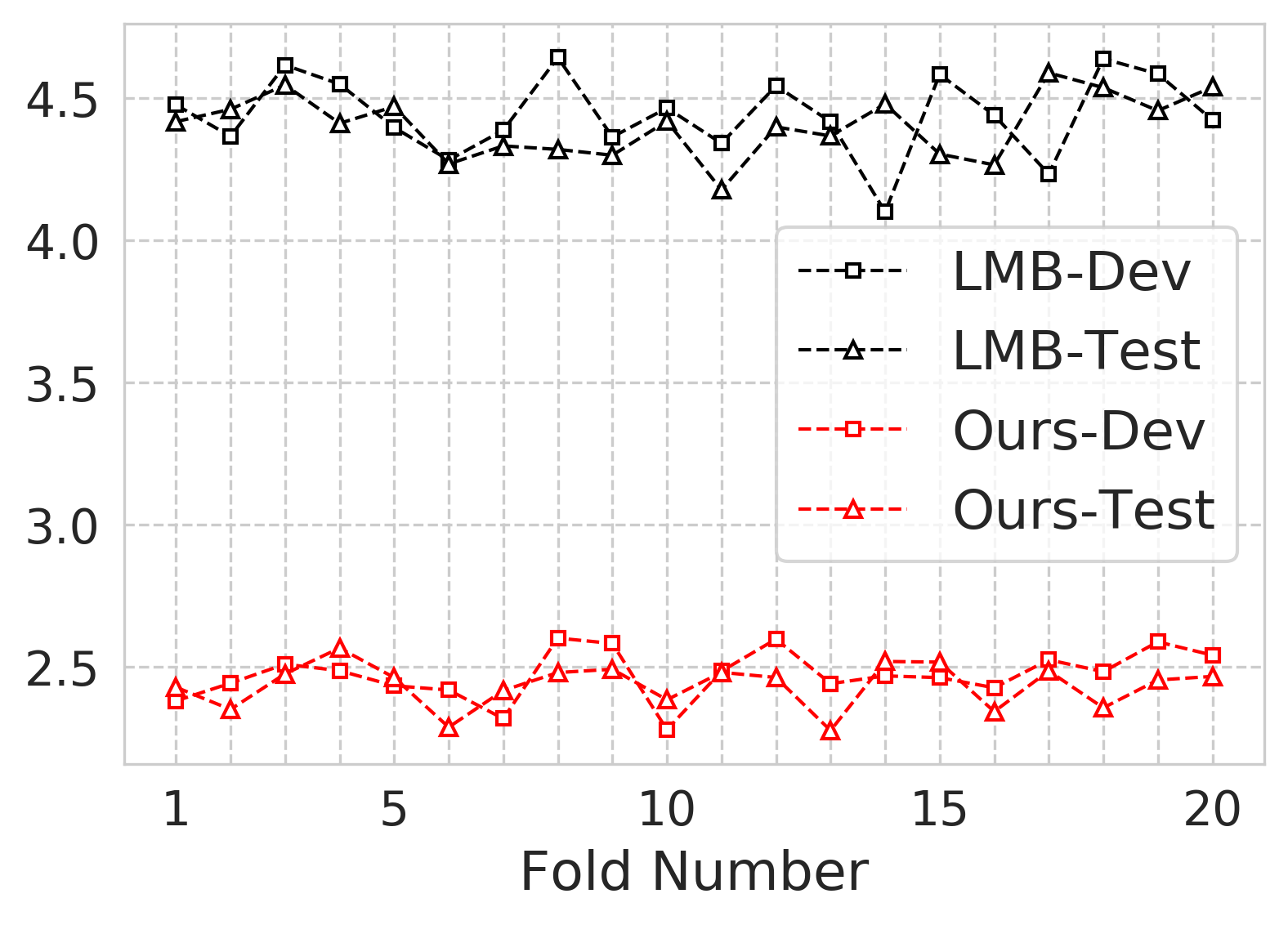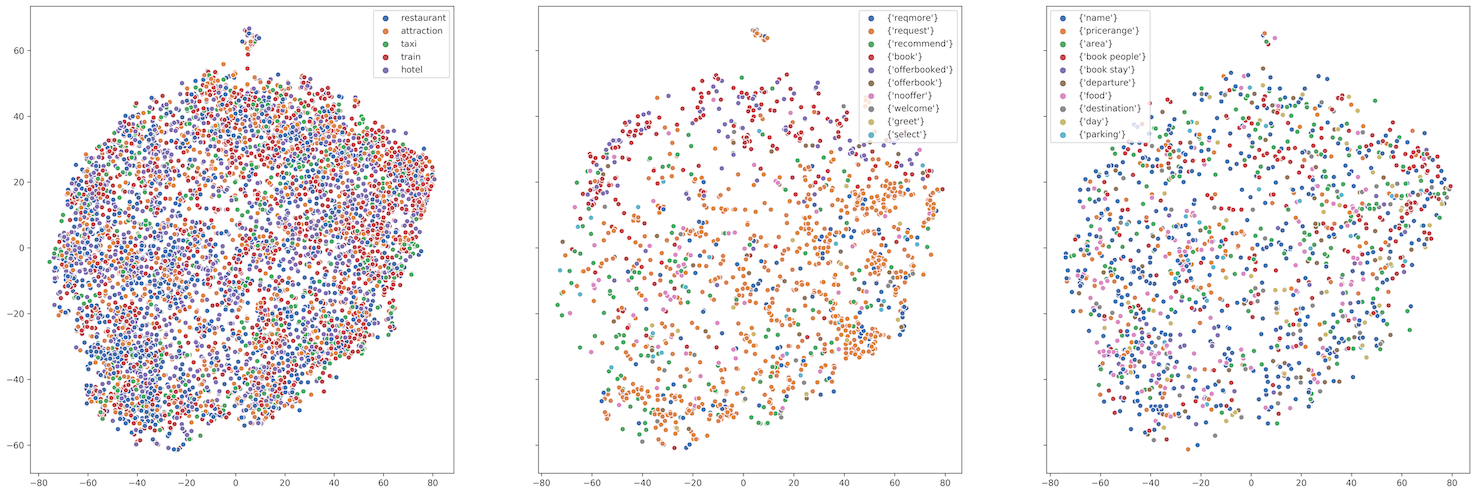Affective Event Classification with Discourse-enhanced Self-training
Yuan Zhuang, Tianyu Jiang, Ellen Riloff
Sentiment Analysis, Stylistic Analysis, and Argument Mining Long Paper

You can open the pre-recorded video in a separate window.
Abstract:
Prior research has recognized the need to associate affective polarities with events and has produced several techniques and lexical resources for identifying affective events. Our research introduces new classification models to assign affective polarity to event phrases. First, we present a BERT-based model for affective event classification and show that the classifier achieves substantially better performance than a large affective event knowledge base. Second, we present a discourse-enhanced self-training method that iteratively improves the classifier with unlabeled data. The key idea is to exploit event phrases that occur with a coreferent sentiment expression. The discourse-enhanced self-training algorithm iteratively labels new event phrases based on both the classifier's predictions and the polarities of the event's coreferent sentiment expressions. Our results show that discourse-enhanced self-training further improves both recall and precision for affective event classification.
NOTE: Video may display a random order of authors.
Correct author list is at the top of this page.
Connected Papers in EMNLP2020
Similar Papers
SentiLARE: Sentiment-Aware Language Representation Learning with Linguistic Knowledge
Pei Ke, Haozhe Ji, Siyang Liu, Xiaoyan Zhu, Minlie Huang,

Text Classification Using Label Names Only: A Language Model Self-Training Approach
Yu Meng, Yunyi Zhang, Jiaxin Huang, Chenyan Xiong, Heng Ji, Chao Zhang, Jiawei Han,

Emotion-Cause Pair Extraction as Sequence Labeling Based on A Novel Tagging Scheme
Chaofa Yuan, Chuang Fan, Jianzhu Bao, Ruifeng Xu,

